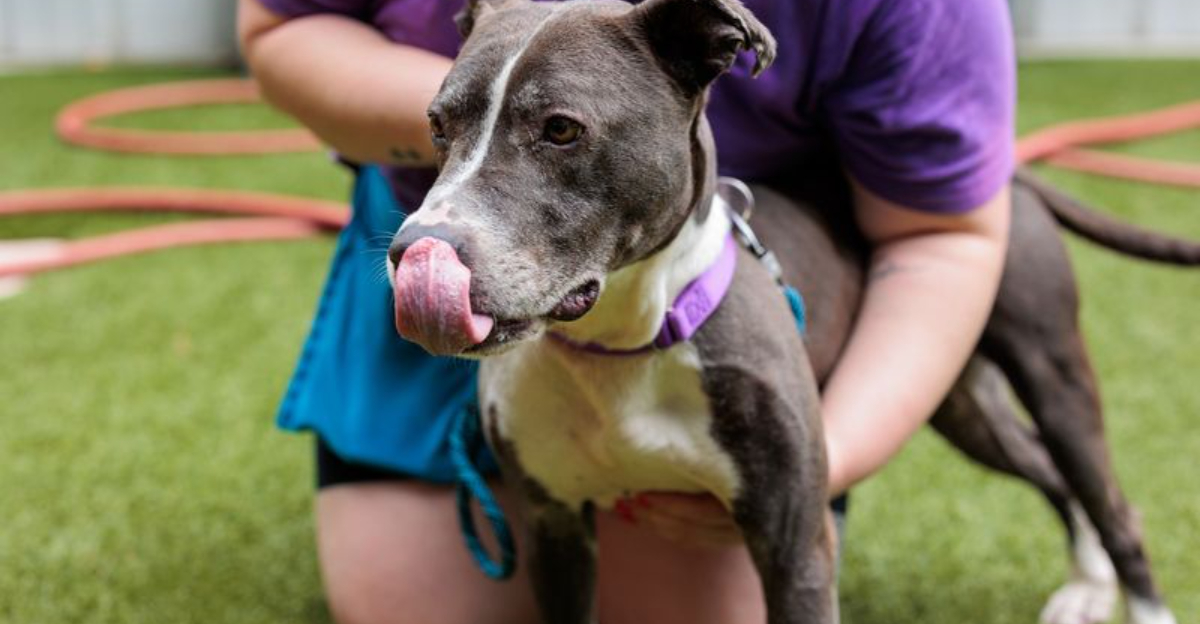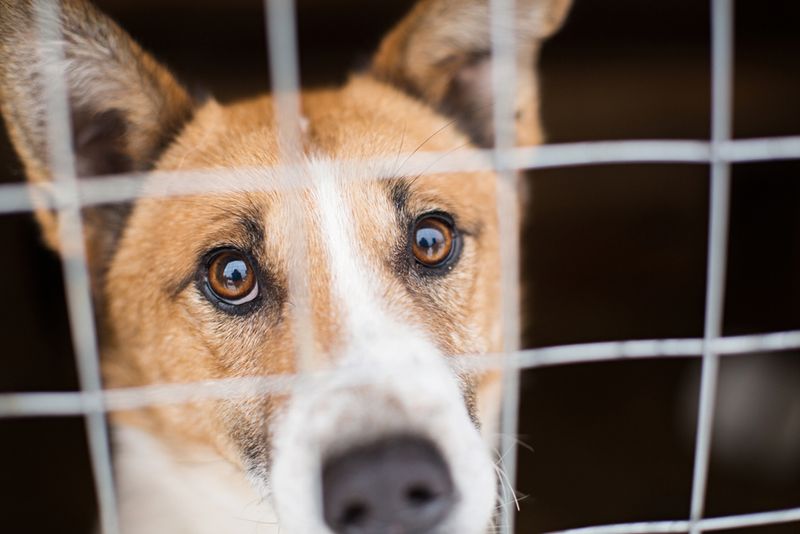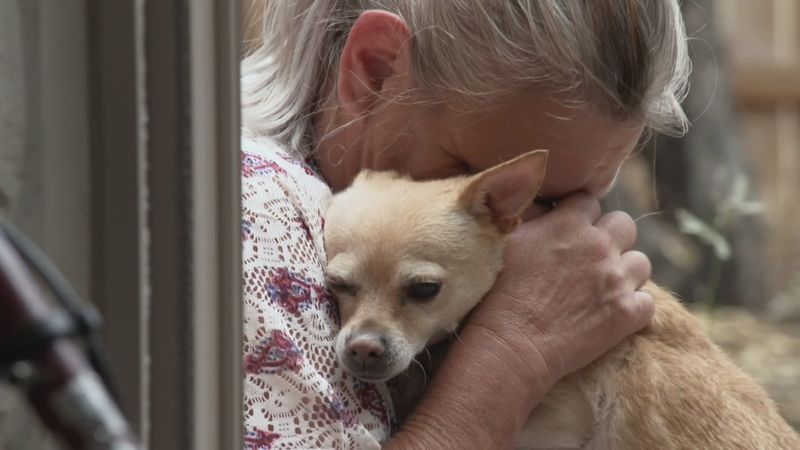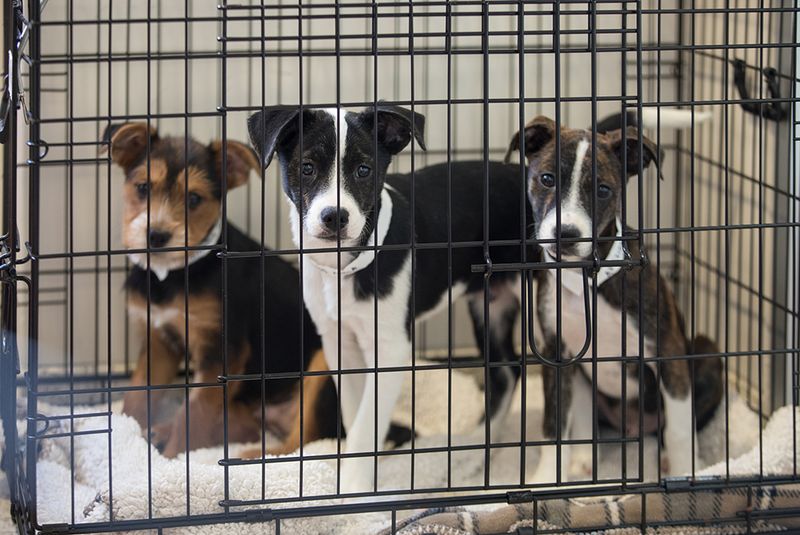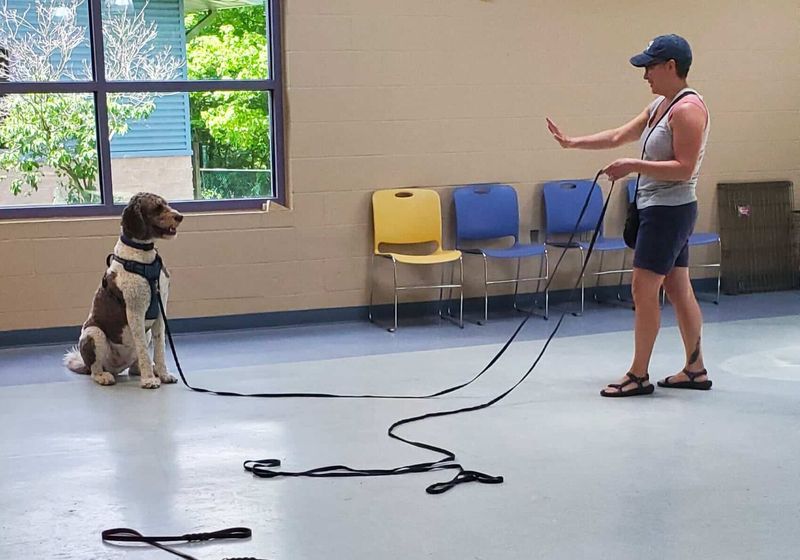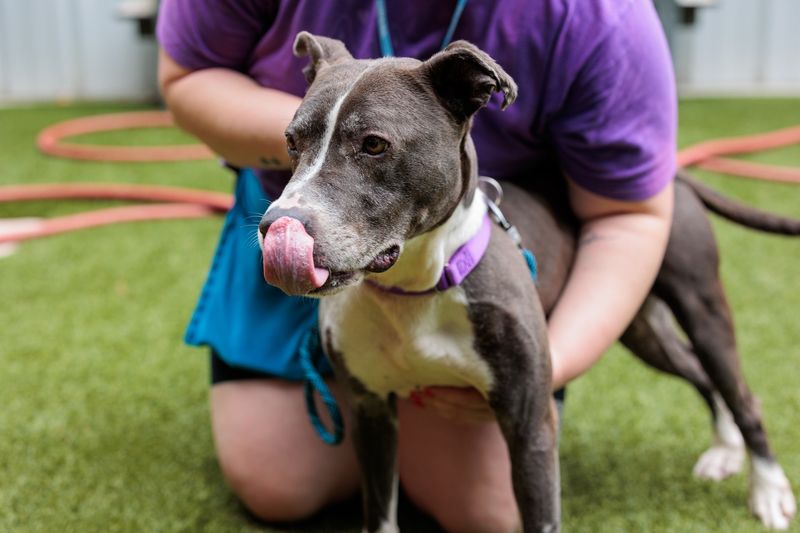Adopting a dog can be one of the most rewarding experiences, but sometimes things don’t go as planned. When dogs are returned after adoption, it’s often due to misunderstandings or misalignments between the pet and the new owner. By recognizing these reasons, prospective dog owners can better prepare themselves and ensure they’re making a lifelong commitment.
Unrealistic Expectations
When adopting a dog, people often imagine a picture-perfect companion who fits seamlessly into their lives. This isn’t always the case. Some dogs may need more training or attention than anticipated, leading to frustration.
It’s vital to understand that dogs, like people, have personalities and quirks. Taking time to research different breeds and considering what fits best with your lifestyle is crucial.
Matching energy levels and needs with your routine ensures a smoother transition and helps prevent the heartbreak of returning a pet.
Behavioral Issues
Some dogs come with behavioral issues that aren’t immediately evident. These can range from excessive barking to aggression. Often, these behaviors can be managed with patience and training.
Before adopting, it’s important to inquire about any known issues and consider if you’re ready to address them. Training classes and professional help can make a difference.
Remember, every dog deserves a chance. Commitment to understanding and resolving these issues fosters a strong bond and prevents returns.
Allergies in the Family
Discovering allergies after bringing a dog home can be distressing. Sneezing, itching, and rashes make cohabitation difficult for those affected. Testing family members for allergies before adoption can avoid this heartache.
If allergies develop, consult a healthcare provider for solutions like allergy shots or medications.
Sometimes, managing allergies with air purifiers or creating pet-free zones helps. Ultimately, being prepared for potential health issues ensures the well-being of both the family and the pet.
Lack of Time
Modern life is hectic, and some find balancing work, social life, and a pet’s needs challenging. Dogs require time for walks, play, and training. Underestimating this commitment leads to feelings of guilt and considering returning the pet.
Before adopting, evaluate your schedule honestly. Can you dedicate time daily for your new companion?
Creative solutions like doggy daycare or hiring a dog walker can alleviate time constraints. Ensuring you can meet these needs solidifies the human-animal bond.
Financial Constraints
The cost of owning a dog can surprise new owners. Beyond adoption fees, consider food, medical care, grooming, and emergencies. Financial pressure leads some to reconsider their decision.
Budgeting for these expenses before bringing a dog home is crucial. Pet insurance can also mitigate unexpected costs.
Financial preparedness ensures that you can provide for your pet’s needs without stress, creating a happy home for both of you.
Incompatibility with Other Pets
Introducing a new dog to a household with existing pets can be tricky. Some dogs and cats may not get along, causing tension and stress in the home.
Careful introductions and monitoring interactions help establish harmony. It’s crucial to understand each pet’s temperament and ensure personalities match.
Professional advice or behavior specialists can aid in smooth transitions, ensuring peace and preventing returns.
Housing Restrictions
Housing restrictions can be an unexpected roadblock for dog owners. Some landlords or housing associations have strict pet policies or breed restrictions.
Before adopting, confirm that your housing situation allows for a dog, including its size and breed.
Being aware of these rules ahead of time prevents difficult decisions down the road and ensures a stable home for your furry friend.
Lifestyle Changes
Life is unpredictable, and changes like moving, starting a new job, or having a baby can impact pet ownership. These shifts can lead to a lack of time or resources for a dog.
Planning for such changes can prevent the need to return a pet. Consider how your lifestyle might evolve and whether a dog will fit into future plans.
A forward-thinking approach ensures a lasting relationship with your canine companion.
Lack of Training Skills
Training a dog requires knowledge and patience. Without the right skills, new owners may find themselves overwhelmed by a disobedient pet.
Attending training classes or seeking guidance from professionals can empower you with the tools needed. Consistent training and positive reinforcement work wonders.
A willingness to learn and adapt ensures a harmonious coexistence and prevents the need to surrender your furry friend.
Health Issues of the Dog
Some adopt dogs with hidden health problems that only surface after adoption. These issues can require ongoing medical care and expenses.
Understanding the dog’s medical history and potential needs before adoption assists in making informed decisions.
Being prepared to provide necessary care ensures the dog’s health and happiness and strengthens the bond you share.
Inadequate Space
Space matters when it comes to accommodating a dog. Large breeds or active dogs thrive in environments where they can move freely.
Assessing your living space and considering if it meets the needs of the dog’s size and energy level is crucial.
If space is limited, choose a breed that aligns with your environment. This foresight ensures comfort and joy for both owner and pet.
